Australian households struggling with high living costs will be hit harder when the winter comes as electricity prices are expected to rise sharply in the next few months.
However, regulators said the price rises would be much lower than what was forecasted before the federal government intervened in the energy market by capping coal and gas prices in December 2022.
The DMO is the maximum rate energy retailers can charge residential and small business customers in three regions that are part of the National Electricity Market: New South Wales (NSW), South Australia and southeast Queensland.
While most consumers are on discounted contracts, the DMO serves as a benchmark for energy companies when they advertise their prices to customers.
Meanwhile, other states and territories have different mechanisms to determine the prices at which electricity is sold.
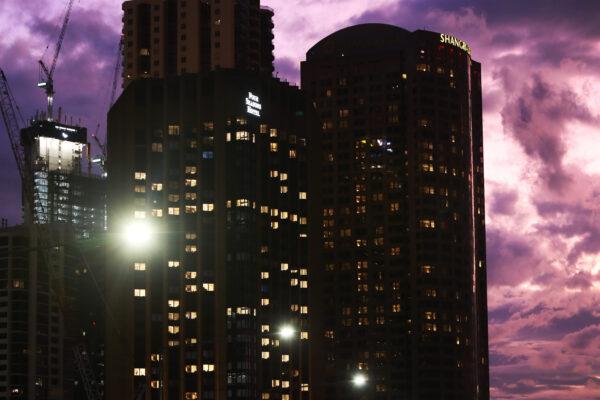
Under the new draft, NSW households are expected to see a 20.9-23.7 percent jump in electricity prices, while the rates for South Australia and southeast Queensland would soar by up to 21.8 percent and 19.8 percent, respectively.
For small business customers, price increases could go up by between 14.7 percent and 25.4 percent, depending on their regions and providers.
It is worth noting that the final version of the DMO will be released in May, and the final prices may change depending on feedback from the energy sector, consumers and the government, as well as changes in wholesale electricity prices.
What Regulators Say About the Price Increases
In an interview with ABC radio, AER head Clare Savage acknowledged that the new DMO would significantly impact Australians facing high living costs.However, she said the rises were significantly lower than the 40-50 percent increases forecasted by the agency before the federal government intervened in the market.
“Twenty to 22 percent is still a significant increase, but it is much lower than it would have otherwise been.”
Savage cited the high coal and gas prices caused by the war in Ukraine and the outages at many power stations as the reason for the increases.
She also noted that the draft DMO was set after balancing the need to protect consumers from unjustifiably high prices with the need to ensure retailers could recover their costs and make a margin.
Regarding support for consumers, the AER head said retailers were offering help to customers who have financial difficulties and advised struggling Australians to reach out to their energy companies if they could not pay the bill.
Government’s Response
Following the release of the DMO, Energy Minister Chris Bowen said the government’s intervention in the energy market had helped shield Australians from the worst energy price rises.However, he noted that more needed to be done to help households and businesses.
The minister also said the federal government would continue to work with states and territories to deliver energy bill relief in the May Budget.
“And over the medium to long-term, we are driving the transformation to 82 percent renewables by 2030 with Rewiring the Nation and our Capacity Investment Scheme because firmed renewable energy is the cheapest form of energy.”
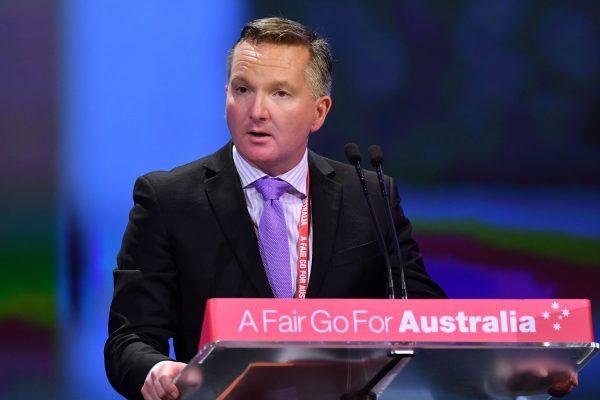
Opposition energy spokesman Ted O'Brien said the latest DMO was evidence of Labor’s broken election promise of providing a $275 (US$184) reduction for energy bills.
“A record high of more than 82,000 households are now on hardship programs, proving that those who can afford it least will be the ones paying the most.”
Meanwhile, Energy Consumers Australia CEO Lynne Gallagher said red tape was preventing Australians from receiving help with their energy bills.
“These are extraordinary times, and so we ask that retailers take action above and beyond to support their customers.”
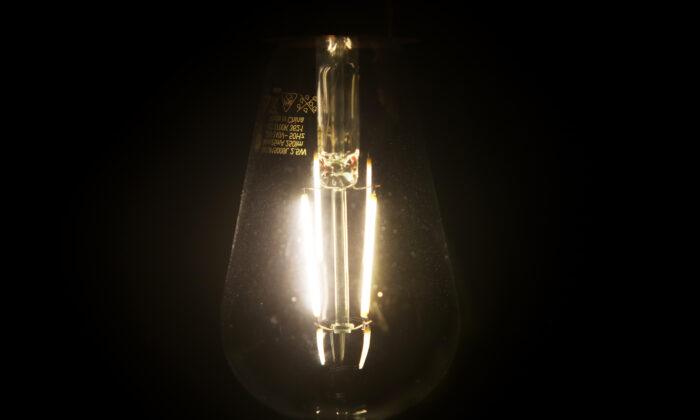

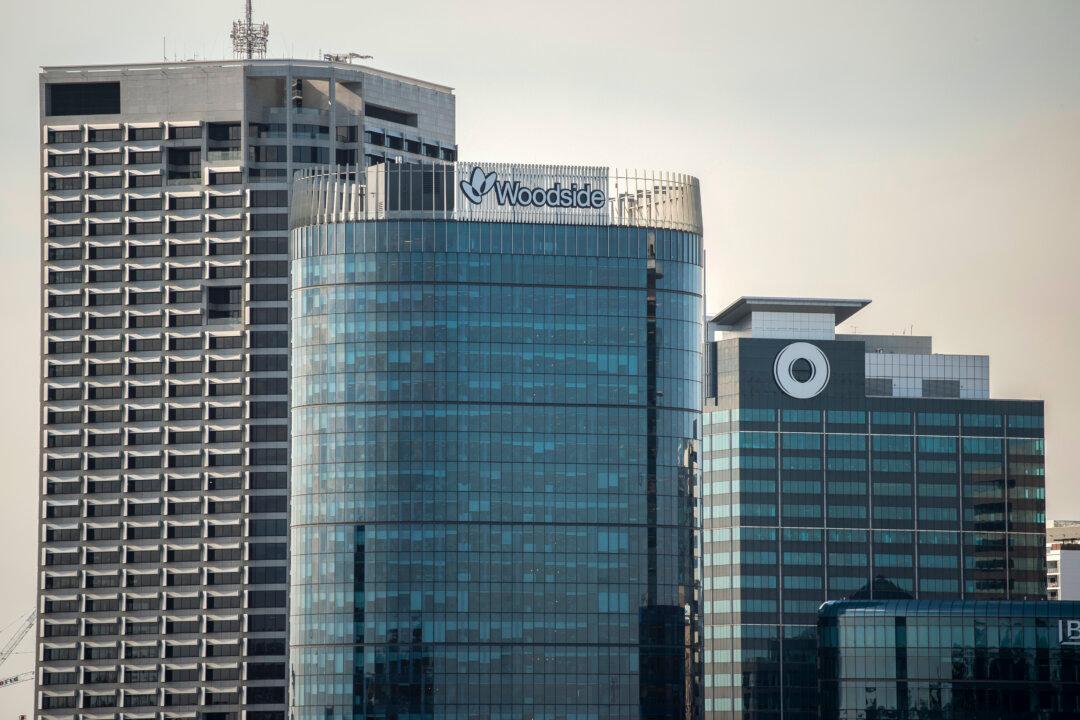

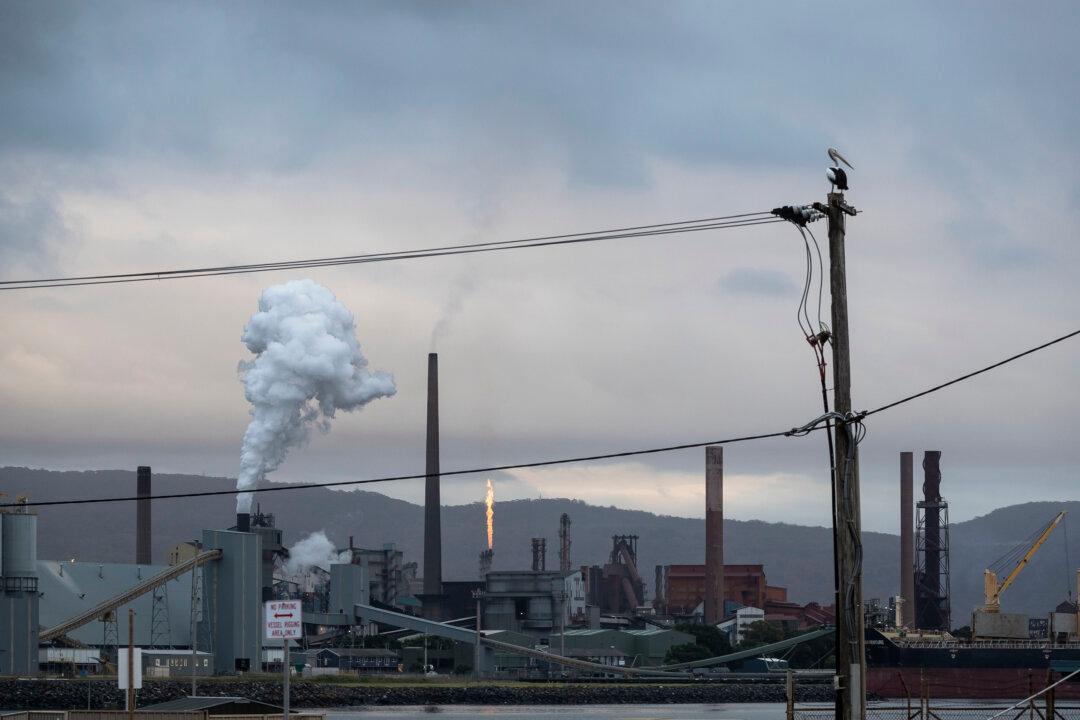
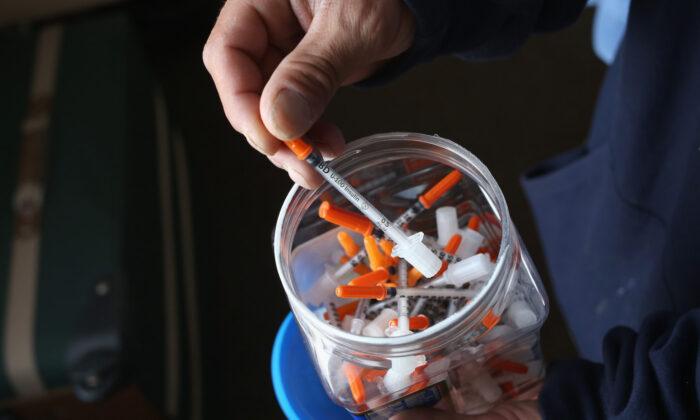
Friends Read Free